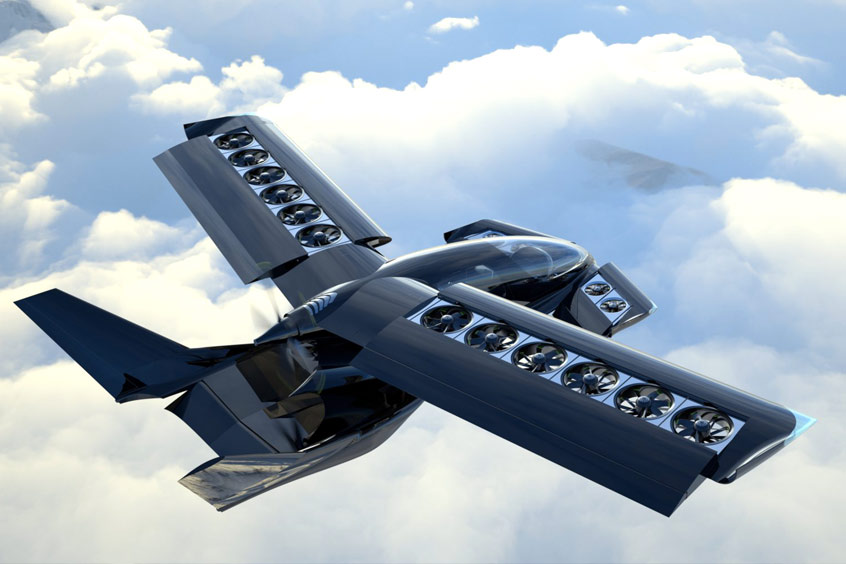Why visit ACE ’25?

Horizon Aircraft, the Canadian engineering company that has developed the Cavorite X5 eVTOL, says the early passenger models that are used in commercial operations should have safety records equal to those in the commercial aviation sector in order to prevent accidents and fatalities.
It says the global spotlight on the first air taxis will be sufficiently intense that any accidents and safety risks would set the industry back years in terms of passenger confidence and regulatory approval.
CEO and co-founder Brandon Robinson states: “There is much debate around the safety requirements of eVTOL aircraft, with some commentators for example, saying they should be twice as safe as driving a car, or have safety records on a par with helicopters. The safety bar must be set much higher so that potential passengers, regulators and other stakeholders have the highest possible levels of confidence in the first eVTOL aircraft. This is essential to the sector reaching its full potential.”
The Horizon Aircraft Cavorite X5 is fundamentally a regular aircraft with an additional eVTOL capability that adds safety and operational capability. Flying 98 per cent of its mission in a configuration exactly like a normal aircraft means discussions surrounding certification can start from a well-understood baseline, reducing risk during the process.
On 18 February 2021, Astro Aerospace entered a binding agreement to acquire Horizon Aircraft. The transaction is expected to close on or before the beginning of second quarter pending customary closing conditions.
Astro, a pioneer in the eVTOL market, says it has developed one of the safest and most efficient eVTOLs in the world. In 2018, the company's drone, Elroy, was one of the first to seamlessly fly with people on board. Astro continually defies traditional aviation design, and the acquisition of Horizon will only push the company further with the ability to reach greater heights working in tandem with Horizon's team.
Horizon believes that most eVTOL aircraft seeking to become commercially operational will fail to secure insurance at an affordable price as they will be unable to meet the requirements of insurers, which includes providing enough data for their underwriters to assess the risks.
The company also warns it will be difficult for eVTOL manufacturers and operators to secure insurance because there is currently a general lack of competition in the aviation insurance market, and less flexibility as more insurers shift towards increasingly traditional underwriting of pilots and risks. For example, flexible pilot warranties are being replaced by annual make and model specific pilot training requirements, and pilot age is becoming an increasingly hot topic for underwriters.
Horizon says the insurance sector’s process of developing policies for air taxis will be dramatically different to their approach to smaller unmanned aircraft systems because the levels of damage or injury capable of being inflicted are radically different. With passengers on board, potential liability for air taxis escalates dramatically. But Horizon believes the aviation insurance sector will evolve and develop products to understand, mitigate and manage risk for the eVTOL market, which will in turn help it to thrive.